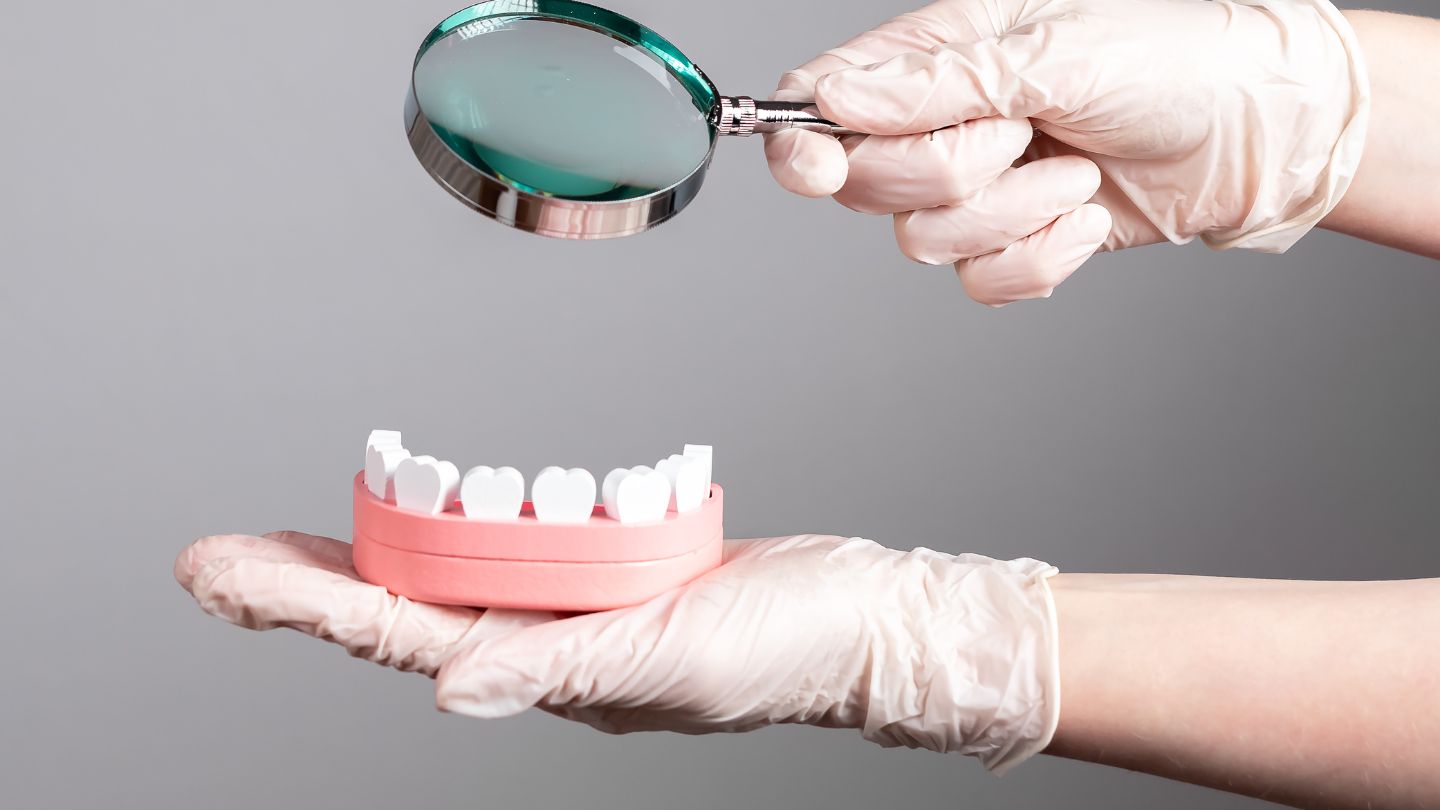Introduction
Regular dental exams are essential for maintaining good oral health. During a dental exam, your dentist will assess your oral health, check for any signs of dental problems, and provide preventive care to help you maintain a healthy smile. In this detailed guide, we will walk you through what to expect during a typical dental exam.
Step 1: Medical History Review
Before your exam, your dentist will review your medical history to understand any health conditions or medications that may affect your oral health. This information is crucial as certain medical conditions and medications can impact your dental health and treatment options. Be sure to inform your dentist of any changes in your health since your last visit. 
Step 2: Visual Examination
Your dentist will begin the exam by visually examining your mouth, teeth, and gums. They will look for signs of dental problems such as tooth decay, gum disease, or oral cancer. Your dentist may use a small mirror to get a better view of hard-to-reach areas in your mouth. They will also check for signs of teeth grinding or jaw clenching, which can lead to dental issues.
Step 3: Dental X-Rays
Depending on your oral health needs, your dentist may take dental X-rays to get a more detailed view of your teeth and jawbone. X-rays can help detect cavities, gum disease, and other dental issues that may not be visible during a visual exam. Your dentist will determine if X-rays are necessary based on your individual risk factors and dental history.
Step 4: Gum Health Assessment
Your dentist will examine your gums for signs of gum disease, such as redness, swelling, or bleeding. They may also measure the depth of the pockets between your gums and teeth, which can indicate the presence of gum disease. Your dentist will discuss any findings with you and recommend appropriate treatment if necessary.
Step 5: Teeth Cleaning
After the examination, your dental hygienist will perform a thorough cleaning of your teeth to remove plaque and tartar buildup. They will use special tools to clean between your teeth and along the gumline, which can be difficult to reach with regular brushing and flossing. This cleaning process helps prevent cavities, gum disease, and bad breath.
Step 6: Fluoride Treatment (Optional)
Depending on your risk of developing cavities, your dentist may recommend a fluoride treatment after cleaning your teeth. Fluoride is a mineral that helps strengthen tooth enamel and can protect against cavities. This treatment is particularly beneficial for children, adults with a history of cavities, and those with certain medical conditions that increase their risk of tooth decay.
Step 7: Oral Health Education
Finally, your dentist or dental hygienist will provide guidance on proper oral hygiene practices to help you maintain good oral health between visits. They will demonstrate proper brushing and flossing techniques and may recommend oral care products that are best suited for your needs. They will also discuss any concerns or questions you may have about your oral health. 
Conclusion
Regular dental exams are essential for maintaining good oral health and preventing dental problems. By following this detailed guide, you can know what to expect during your next dental exam and ensure you receive the preventive care you need to keep your smile healthy and beautiful. Schedule your next dental exam today to take the first step toward a healthier smile.

